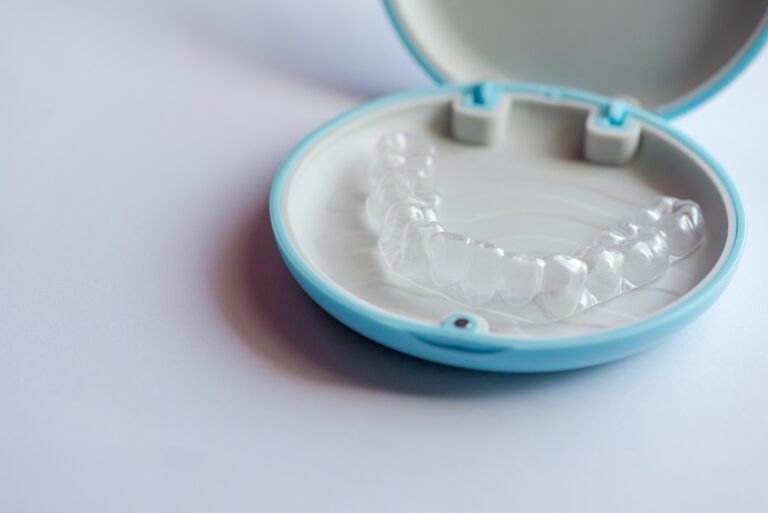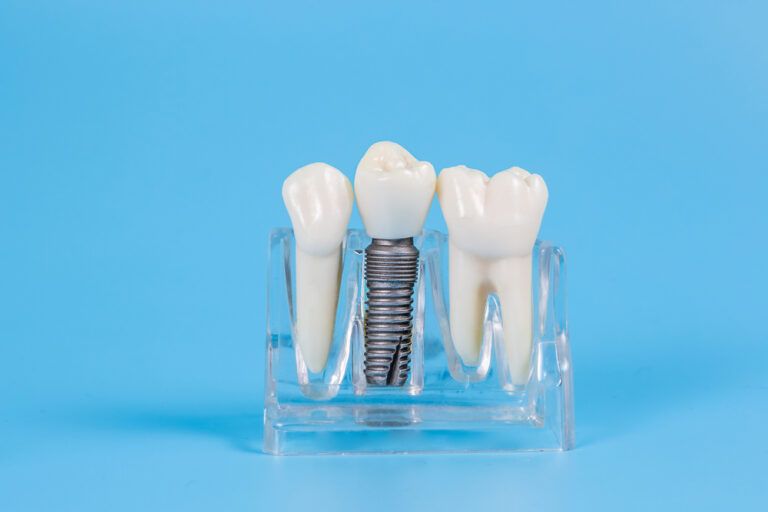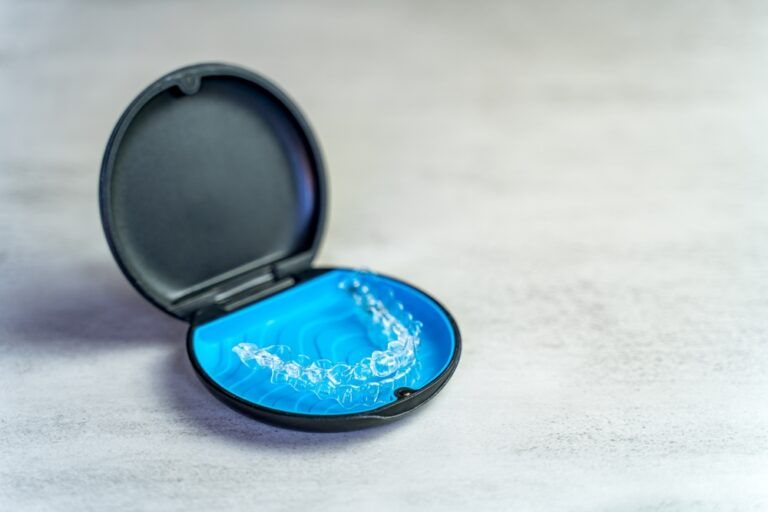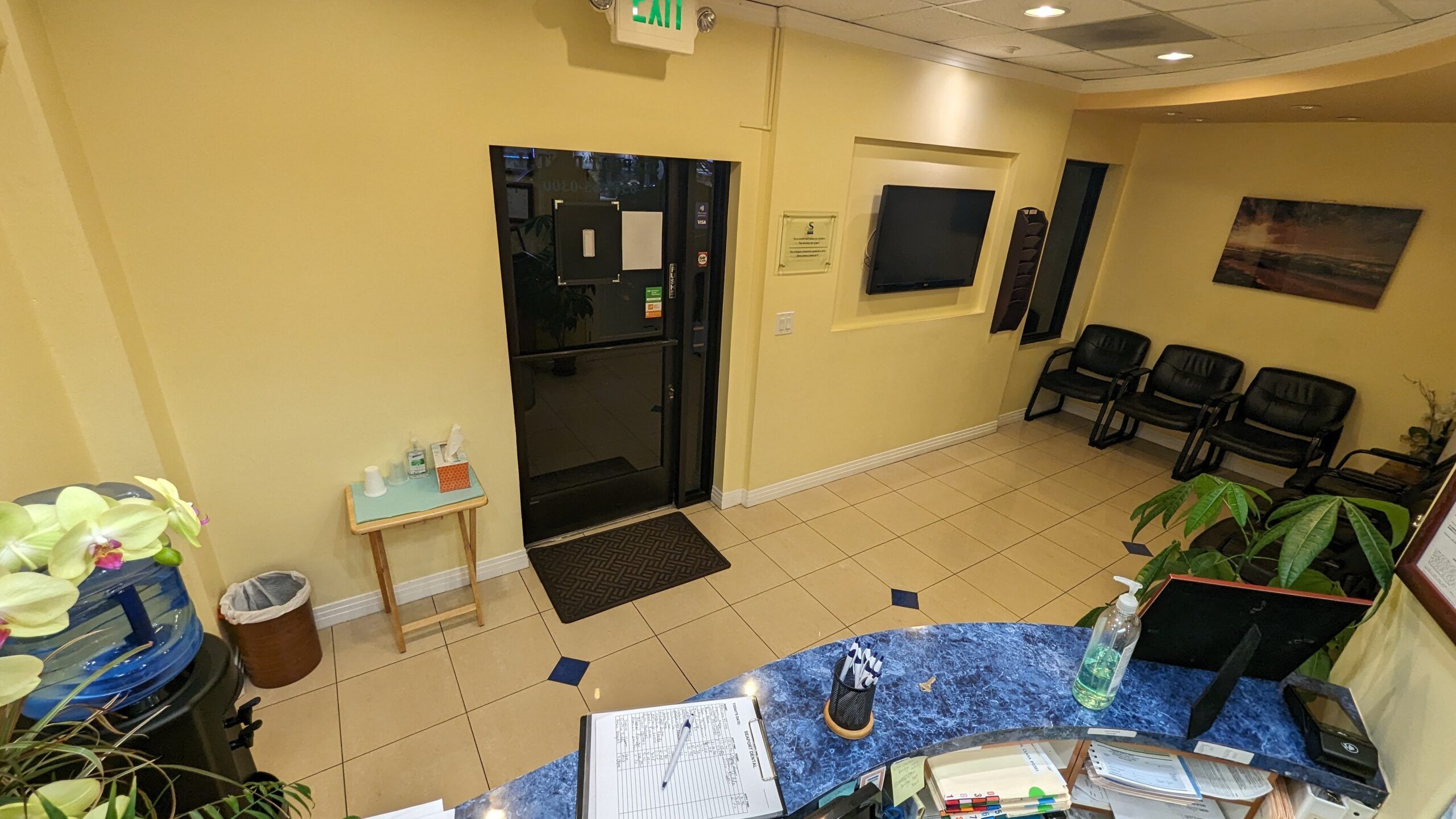Dental care is a critical aspect of overall health, and this is especially true for individuals with special needs. Providing specialized dental care for patients with physical, developmental, or cognitive disabilities requires expertise, compassion, and a tailored approach. At Seaport Family Dental in Redwood City, CA, Dr. Steve Deng, DDS, is dedicated to ensuring that all patients receive the highest quality of care, regardless of their unique needs. This blog will delve into the significance of special needs dentistry and highlight the best practices and considerations for providing exceptional dental care to these patients.
Understanding Special Needs Dentistry
Special needs dentistry, also known as special care dentistry, focuses on providing dental care for individuals who have a range of physical, developmental, cognitive, and emotional conditions. These patients may require additional support and modifications to standard dental procedures to ensure their comfort and safety.
Patients who benefit from special needs dentistry include those with:
- Autism spectrum disorder
- Down syndrome
- Cerebral palsy
- Intellectual disabilities
- Physical disabilities
- Sensory processing disorders
- Behavioral or emotional challenges
Providing effective dental care for these individuals involves not only clinical expertise but also an understanding of their specific needs and how to accommodate them in a dental setting.
The Role of Special Needs Dentistry
Special needs dentistry plays a crucial role in maintaining the oral health and overall well-being of individuals with disabilities. Here are some key aspects of its significance:
- Preventive Care: Preventive dental care is essential for all patients, but it is especially critical for those with special needs, who may be at higher risk for oral health issues. Regular check-ups, cleanings, and preventive treatments such as fluoride applications and dental sealants can help prevent cavities, gum disease, and other oral health problems.
- Tailored Treatment Plan: Every patient is unique, and this is particularly true for individuals with special needs. Dentists specializing in special care dentistry create customized treatment plans that take into account the patient’s medical history, abilities, and preferences. This personalized approach ensures that the dental care provided is both effective and appropriate for the individual’s specific needs.
- Behavioral Management: Behavioral management techniques are a vital component of special needs dentistry. Dentists and their teams are trained to use strategies such as desensitization, positive reinforcement, and visual aids to help patients feel more comfortable and cooperative during dental visits. This can significantly reduce anxiety and make the dental experience more positive for both the patient and their caregivers.
- Accessibility and Accommodation: Special needs dental practices are designed to be accessible and accommodating. This includes physical modifications to the dental office, such as wheelchair-accessible entrances and treatment rooms, as well as specialized equipment and tools that can make dental procedures easier for patients with physical or sensory limitations.
Best Practices for Special Needs Dentistry
Providing exceptional dental care for patients with special needs involves a combination of clinical skills, empathy, and adaptability. Here are some best practices that Dr. Steve Deng and his team at Seaport Family Dental follow:
- Comprehensive Assessments: A thorough assessment of the patient’s medical, dental, and behavioral history is the first step in providing effective care. This information helps the dental team understand the patient’s specific needs and plan appropriate treatments.
- Clear Communication: Effective communication is essential for building trust and ensuring that the patient and their caregivers are comfortable. This includes explaining procedures in simple terms, using visual aids, and being patient and responsive to the patient’s questions and concerns.
- Sensory-Friendly Environment: Creating a sensory-friendly environment can help reduce anxiety and make dental visits more pleasant for patients with sensory processing disorders. This might involve dimming the lights, playing calming music, and using weighted blankets or other sensory tools.
- Sedation Options: For some patients, sedation dentistry may be necessary to ensure their comfort and cooperation during dental procedures. Dr. Steve Deng offers various sedation options, including nitrous oxide (laughing gas), oral sedation, and intravenous (IV) sedation, depending on the patient’s needs and the complexity of the treatment.
- Caregiver Involvement: Involving caregivers in the dental care process is crucial. They can provide valuable insights into the patient’s preferences and behaviors, and their presence can offer reassurance and support to the patient during dental visits.
The Impact of Special Needs Dentistry on Overall Health
The benefits of special needs dentistry extend beyond oral health. Here are some ways in which specialized dental care can positively impact the overall health and quality of life for individuals with special needs:
- Improved Nutrition: Good oral health is essential for proper nutrition. Patients with untreated dental issues may have difficulty chewing and swallowing, leading to poor dietary intake and nutritional deficiencies. By addressing dental problems, special needs dentistry can help patients maintain a healthy diet and improve their overall well-being.
- Enhanced Communication: Oral health problems can affect speech and communication abilities. Addressing issues such as tooth decay, gum disease, and malocclusion can help patients articulate better and improve their social interactions and self-confidence.
- Prevention of Systemic Health Issues: Oral health is closely linked to systemic health. Poor oral hygiene and untreated dental conditions can contribute to systemic health problems such as cardiovascular disease, diabetes, and respiratory infections. Regular dental care helps prevent these issues and promotes overall health.
- Increased Self-Esteem: A healthy, attractive smile can boost self-esteem and improve the quality of life. Special needs dentistry helps patients achieve and maintain good oral health, enhancing their confidence and encouraging positive social interactions.
Overcoming Challenges in Special Needs Dentistry
Providing dental care for patients with special needs comes with its unique challenges. However, with the right approach and dedication, these challenges can be effectively managed. Here are some common challenges and strategies to overcome them.
- Anxiety and Fear: Many patients with special needs experience heightened anxiety and fear related to dental visits. Dr. Steve Deng uses a combination of behavioral management techniques, sedation options, and a calm, reassuring demeanor to help patients feel more at ease.
- Communication Barriers: Communication can be challenging with patients who have developmental or cognitive disabilities. Using visual aids, sign language, and alternative communication methods can help bridge these gaps and ensure that the patient understands and feels comfortable with the dental procedures.
- Physical Limitations: Patients with physical disabilities may require special accommodations to receive dental care. This can include wheelchair-accessible facilities, adjustable dental chairs, and specialized equipment to make procedures easier and more comfortable.
- Medical Complications: Patients with complex medical histories may have conditions that affect their oral health and complicate dental treatment. Dr. Steve Deng works closely with the patient’s healthcare team to develop a comprehensive treatment plan that addresses both their dental and medical needs.
Community and Support
Building a supportive community around special needs dentistry is essential for its success. Seaport Family Dental collaborates with local organizations, schools, and support groups to promote oral health education and provide resources for patients and caregivers. This community-based approach helps ensure that individuals with special needs receive the care and support they need to maintain good oral health.
- Education and Advocacy: Educating patients, caregivers, and the wider community about the importance of oral health for individuals with special needs is crucial. Seaport Family Dental offers educational programs and materials to raise awareness and advocate for better access to dental care for all.
- Training and Development: Continuous training and professional development are essential for dental professionals working in special needs dentistry. Dr. Steve Deng and his team regularly participate in workshops and courses to stay updated on the latest techniques and best practices in special care dentistry.
Personalized Care for Every Patient
At Seaport Family Dental, every patient is treated with the utmost care and respect. Dr. Steve Deng understands that each individual has unique needs and tailors his approach to ensure that every patient receives the best possible care. By fostering a compassionate and inclusive environment, Seaport Family Dental helps patients with special needs achieve optimal oral health and overall well-being.
Ensuring Lifelong Oral Health
Special needs dentistry is not just about providing immediate care; it’s about ensuring lifelong oral health. By following these best practices and maintaining a supportive community, Seaport Family Dental in Redwood City, CA, is committed to making a positive impact on the lives of patients with special needs.
The journey to optimal oral health for individuals with special needs is a collaborative effort. By working together with patients, caregivers, and the community, Seaport Family Dental and Dr. Steve Deng strive to create a brighter, healthier future for everyone.
Sources
- American Academy of Pediatric Dentistry. “Special Health Care Needs.” aapd.org
- National Institute of Dental and Craniofacial Research. “Oral Health Care for People with Special Needs.” nidcr.nih.gov
- Special Care Dentistry Association. “Resources and Education.” scdaonline.org









